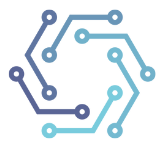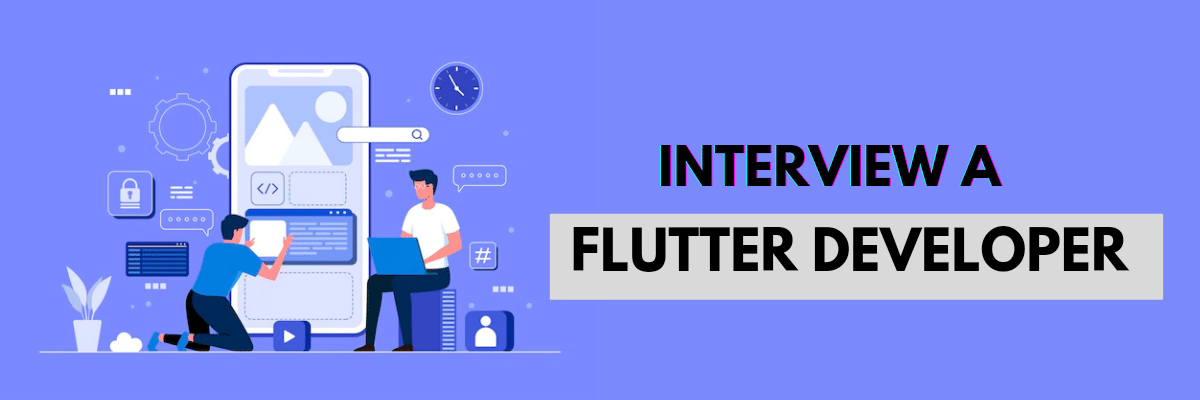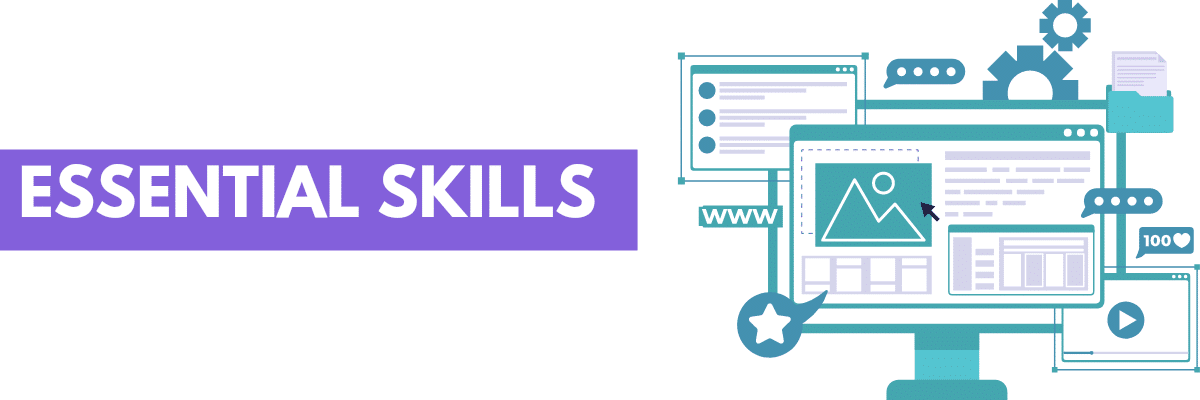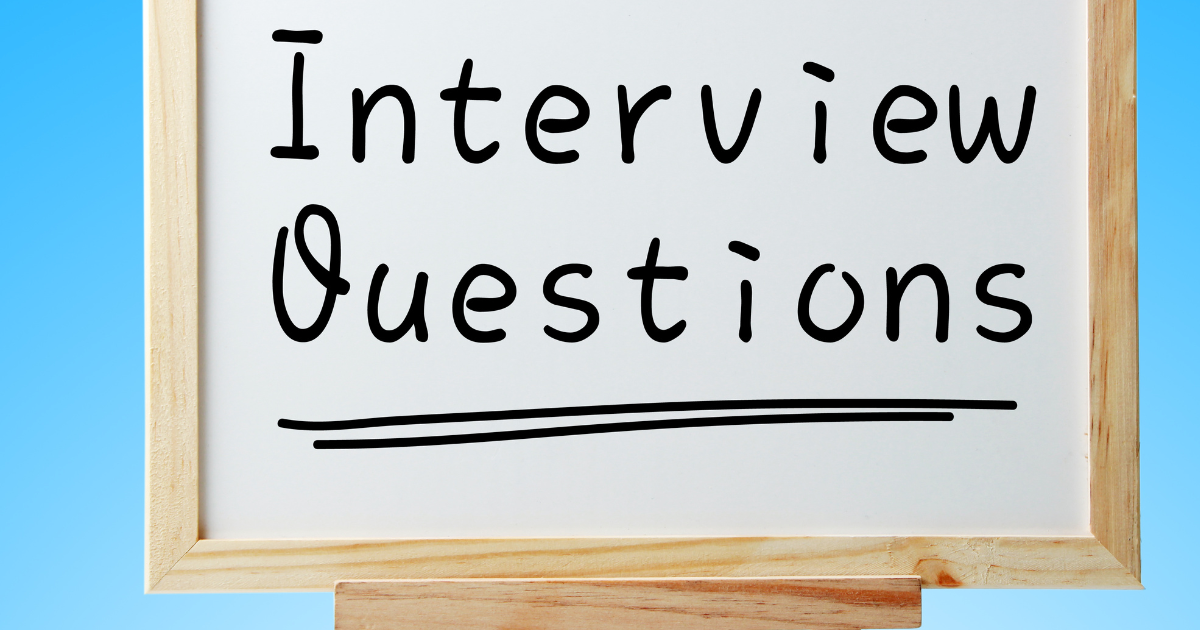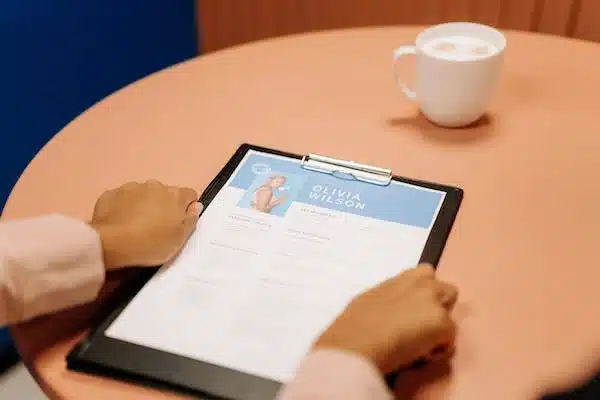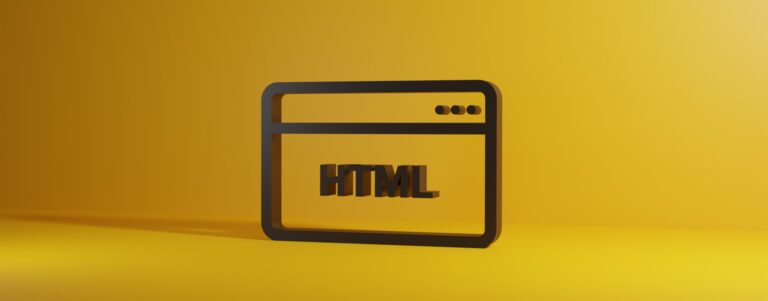Success Code To Interview A Flutter Developer
Are you on the hunt for a skilled Flutter developer but don’t know where to start? Well, fear not, as we have got you covered. In this section, we will take you through on how to interview a Flutter developer like a pro.
By the end of this blog, you’ll have a clear idea of what to ask, how to assess their skills and experience, and how to conduct a technical interview.
But why is it important to interview a Flutter developer effectively? Well, the answer is simple. Flutter is an open-source mobile application development framework that is becoming increasingly popular among mobile device developers.
Therefore, finding a skilled Flutter developer who has the necessary skills and experience can be a challenging task. This is where effective interviewing comes in, as it allows you to assess a candidate’s technical expertise and evaluate whether they are the right fit for your team.
So, if you’re ready to take your interviewing skills to the next level, let’s dive in!
Table Of Contents
- Understanding the Basics of Flutter
- Essential Skills for a Flutter Developer
- Preparing for the Interview
- Conducting the Interview
- Behavioral Interview Questions for Flutter Developers
- Technical Interview Questions for Flutter Developers
- Sample Coding Challenge for a Flutter Developer
- Closing Thoughts
- Frequently Asked Questions
Understanding The Basics of Flutter
Flutter is a mobile and web app development framework created by Google. It is based on the Dart programming language and is designed to create beautiful, fast, and responsive web apps, for both iOS and Android platforms. If you’re not already familiar with Flutter, now is the time to start learning.
Flutter is an excellent choice for mobile app development for several reasons. First, it allows developers to create apps quickly and efficiently, thanks to its extensive library of customizable widgets.
Second, it is highly customizable, which means that developers can create unique and visually appealing designs for their apps. Finally, the Flutter engine provides an excellent developer experience with its hot reload feature, which allows developers to see changes to their code instantly.
To get started with Flutter, you’ll need to learn the basics of Dart programming language, which is used to write Flutter code. You’ll also need to understand the concept of widgets, which are the building blocks of Flutter UI. Widgets are used to build apps and create everything from buttons and text fields to complex layouts modified widgets and animations.
Essential Skills for a Flutter Developer
Flutter software development kit requires a combination of technical and soft skills. As an interviewer, you should be aware of the skills that a Flutter developer must possess to create high-quality mobile apps.
1. Dart Programming Language
Flutter uses Dart as its primary programming language, so a developer must be proficient in this language to develop Flutter applications or native apps.
2. Understanding of Flutter Widgets
Flutter widgets are the building blocks of native components of a Flutter app. A Flutter developer must have a good understanding of widgets to create a functional and visually appealing app.
3. Knowledge of Mobile App Development Best Practices
A Flutter developer should be familiar with the best practices of mobile app development, including app architecture, design patterns native development, and security practices in building mobile apps.
4. Familiarity with Agile Methodologies
Agile methodologies such as Scrum and Kanban are widely used in software development, including mobile app development. A Flutter developer should have experience working in an Agile environment.
5. Experience with Version Control Systems
Version control systems such as Git are essential for team collaboration and code management. A Flutter developer should have experience working with these tools.
By evaluating a candidate’s proficiency in these essential skills, you can assess their ability to develop high-quality Flutter apps. Be sure to ask the right questions and evaluate their experience to ensure that they meet your requirements.
Preparing For The Interview
Preparing for the interview is a crucial step to ensure you get the most out of your time with the candidate. Start by reviewing their resume and portfolio to gain a better understanding of their experience and skills.
Use this information to create a list of relevant questions that can help you assess the candidate’s fit for the position.
To truly gauge their abilities, consider creating a coding challenge that allows them to make machine code and showcase their skills in a real-world scenario. This can help you evaluate how they approach problem-solving and how they handle complex tasks.
But don’t stop there! A successful interview requires more than just technical proficiency. Make sure to prepare behavioral questions that give you insight into how the candidate handles challenges and interacts with others.
Ask them about their experience working in teams, and how they approach communication and collaboration.
Remember, the goal of the interview is to not only evaluate the candidate’s qualifications but also to determine if they would be a good fit for your team and company culture.
Conducting the Interview
Now that you’ve prepared, it’s time to conduct the interview! This is your chance to evaluate the candidate’s skills and see if they would be a good fit for your team. Here are some tips for conducting an effective interview:
Start by making the candidate feel comfortable. This will help them relax and perform better during the interview.
Begin by asking about the candidate’s experience with Flutter development. This will give you a sense of their background and expertise.
Next, assess their technical skills by asking them to solve problems or complete coding challenges. This will help you determine their level of proficiency with Flutter and programming in general.
It’s also important to evaluate the candidate’s problem-solving abilities. Ask them how they would approach a specific problem or how they’ve solved a difficult challenge in the past.
Finally, inquire about the candidate’s teamwork and communication skills. Ask them about a time when they had to collaborate with others to achieve a goal or how they handle conflicts with team members.
Keep in mind that this interview is to evaluate the candidate’s rightness for the role, not to trip them up or make them feel uncomfortable. Be sure to listen carefully to their responses and ask follow-up questions when necessary.
Behavioral Interview Questions for Flutter Developers
You’ve assessed the candidate’s technical skills and experience, but you also need to know how they work in real-life situations. Behavioral interview questions can help you understand how the candidate thinks and behaves in the workplace. Here are some questions to ask:
1. Tell me about a time when you faced a technical challenge and how you overcame it.
This question helps you evaluate the candidate’s problem-solving skills. Look for examples of creative solutions and resourcefulness.
2. How do you handle disagreements with team members?
This question helps you understand the candidate’s teamwork and communication skills. Look for answers that show a willingness to listen and compromise.
3. How do you stay up-to-date with the latest mobile app development trends?
This question helps you evaluate the candidate’s passion for their work and their commitment to learning. Look for answers that show a curiosity about new technologies and a dedication to self-improvement.
The purpose of behavioral questions is not to trick the candidate or put them on the spot. Instead, they should give you insight into how the candidate approaches challenges and interacts with others in a professional setting.
By asking the right questions and listening carefully to the answers, you can find the best candidate for your Flutter app development process and team.
Technical Interview Questions for Flutter Developers
As a developer, it’s essential to have a deep understanding of the underlying technology. Here are some technical questions you can ask a Flutter developer during an interview to assess their knowledge:
1. What are Flutter widgets, and how do they work?
Widgets are the basic building blocks of a Flutter app, and they represent the visual elements of the user interface. They can be buttons, text fields, images, and more. Widgets can be either stateful or stateless, and they are arranged in a hierarchical tree structure to create the app’s user interface.
2. What is the difference between stateful and stateless widgets?
Stateful widgets maintain a mutable state that can change over time, while stateless widgets have no mutable state and are immutable. Stateful widgets are used for user interface elements that need to change over time, such as a slider or a progress bar, while stateless widgets are used for static elements, such as a label or an icon.
3. How do you debug a Flutter app?
Flutter provides several tools for debugging, including the Flutter Dev Tools, which offer a suite of debugging and profiling tools for monitoring and analyzing the app’s performance.
The developer can also use the print statement to output debug information to the console or set breakpoints in the code to pause the app’s execution.
4. How do you implement animations in Flutter?
Flutter provides several animation classes that can be used to create complex animations in an app. These include the Tween class, which interpolates between two values over a specified duration, and the Animation Controller class, which controls the duration and direction of the animation.
Animations can be used to create engaging and interactive user interfaces that respond to user input.
By asking these technical questions during an interview, you can evaluate a Flutter developer’s knowledge and expertise in using the framework.
Sample Coding Challenge for a Flutter Developer
Coding challenges are an effective way to evaluate a Flutter developer’s technical skills. Here’s a fun and engaging Flutter coding challenge that you can use in your interview process.
1. Description of the challenge:
The challenge involves building a simple weather app that displays the current temperature and weather conditions of a selected location. The app should use the Open Weather Map API to fetch the weather data and display it using beautiful Flutter widgets.
2. Required technologies:
The candidate should use the Flutter framework and Dart programming language to build the app. Additionally, they should integrate the Open Weather Map API to fetch the weather data.
3. Evaluation criteria:
The candidate’s code will be evaluated based on the following criteria:
- Functionality: The app should fetch and display accurate weather data for a selected location.
- Code quality: The code should be well-structured, modular, and easy to understand.
- UI design: The app should have a visually appealing and user-friendly interface.
- Error handling: The app should handle errors gracefully and provide meaningful error messages to the user.
This coding challenge is a great way to evaluate a Flutter developer’s skills and see how they approach problem-solving. Make sure to provide clear instructions and time constraints to make the challenge fair and effective.
Closing Thoughts
Now that you’ve learned about the interview process for a Flutter developer, it’s time to put your new knowledge to the test! Remember to review the candidate’s resume and portfolio thoroughly, and prepare a list of relevant questions and a coding challenge.
During the interview, ask questions about the candidate’s experience and technical skills, and assess their problem-solving abilities. Don’t forget to also evaluate their teamwork and communication skills, as these are crucial for success in a development team.
To get a better sense of the candidate’s behavioral traits, consider asking questions about how they handle challenges and stay up-to-date with the latest mobile app development trends.
And if you’re looking for a sample coding challenge, we’ve got you covered! Check out our suggested challenge, complete with a description, required technologies, and evaluation criteria.
Remember, interviewing a Flutter developer is a critical step in building a strong development team. Use these tips and techniques to conduct a successful interview and find the right candidate for your project.
Frequently Asked Questions
1. What should a senior Flutter developer know?
Flutter Devs should have a good knowledge of third-party software APIs, which is essential in many Flutter projects. They should also have a comprehensive knowledge of the pros and cons of Flutter development.
2. What are Flutter developer skills?
Flutter developer skills include in detail experience with object-oriented programming techniques such as C++ or Java. It also comprises experience with software development tools and development environments such as Android Studio and VS Code.
3. Is Flutter a frontend or a backend?
Flutter provides frameworks for building both Frontends as well as Backend applications. The majority of Flutter developers are using it to achieve this purpose. Flutter allows the creation of a beautiful interface for a mobile app that is interactive.
4. Is Flutter easy to learn?
Flutter’s popularity grows because it’s easier to build apps quickly and easier to learn languages. It’s easy to learn how to use Flutter without a lot of practice if you’re a professional developer or a begin
5. How much does it cost to develop a mobile app?
The cost of coding a mobile application is anywhere between $40000 and $300,000. Many factors impact pricing. According to the complexity of the app development, at 40$ an hour, a typical cost is: simple app development costs $40-$60k. Costs of average app design – $60k to $250k.
